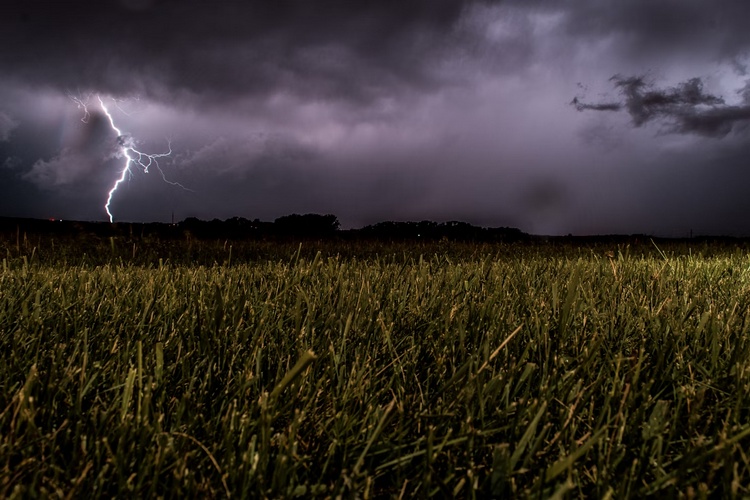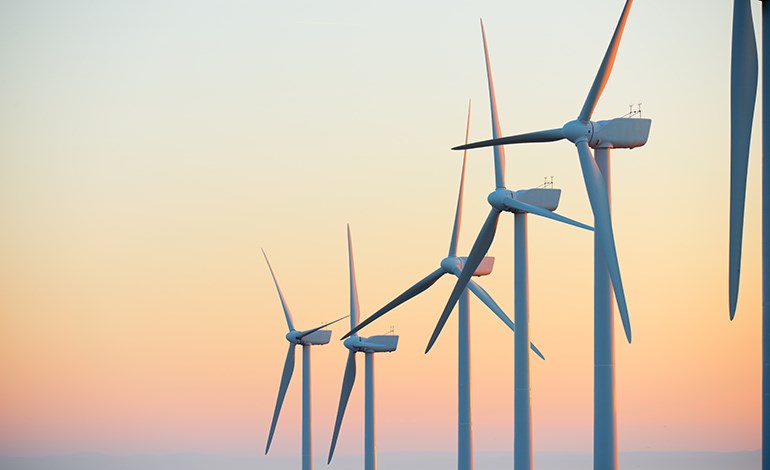July 29 NEC Energy News
¶ “Atomic Fallacy: Why Nuclear Power Won’t Solve the Climate Crisis” • Professor MV Ramana writes, “Although climate change scares me, I am even more scared of a future with more nuclear plants. … For over a decade now, many of my colleagues and I have consistently explained why these reactors would not be commercially viable.” [Literary Hub]

¶ “Taiwan Stops The 936-MW Maanshan-1 Nuclear Reactor” • Taiwan’s national power company Taiwan Power stopped the 936-MW first reactor of the Maanshan-1 nuclear power plant in the Pingtung County. It was commissioned on 27 July 1984, and its 40-year operating licence expired. The 938-MW Maanshan-2 is expected to be stopped on 18 May 2025. [Enerdata]
¶ “The Galapagos Islands And Their Unique Creatures Are At Risk From Warming Waters” • Warming oceans affect the food sources of many unique seagoing animals in the Galapagos. The marine iguanas have a harder time finding the algae they prefer. Sea turtles struggle to nest. Young have as harder time growing up as fewer nutrients are available. [ABC News]
¶ “Wood Drives €1 Billion Renewables Investment” • Wood Consulting announced it has played a key role in securing more than €1 billion of funding for its clients in Europe, enabling three major clean energy projects to reach final investment decisions. They are wind projects in Lithuania and Sweden, along with a green hydrogen facility in Spain. [reNews]

¶ “London Clears The Air, Thanks To Low Emissions Zone Policies” • This week, London published data showing that the air is cleaner in all of London since the new policy went into effect. Concentrations of particulate matter and nitrogen oxide fell significantly in the first six months after London expanded its Ultra Low Emission Zone. [CleanTechnica]
¶ “California Experiences Its 100th Day Of Renewable Energy Sources Meeting 100% Of Electricity Demand” • Sunday marked the 100th day of a 144-day stretch that California supplied 100% of its electricity demand with renewable energy for periods of 5 minutes to more than 10 hours. Prof Mark Jacobson of Stanford tracked the times. [Environment America]
¶ “Arizona’s Largest Battery Storage Project Receives Over $500 Million In Financing” • A solar battery and storage company has secured $513 million in funding for a battery storage project in Arizona, according to Electrek. The financing is for construction of 1,200-MWh Papago Storage, which will be the largest battery storage facility in Arizona. [The Cool Down]
For more news, please visit geoharvey – Daily News about Energy and Climate Change.
